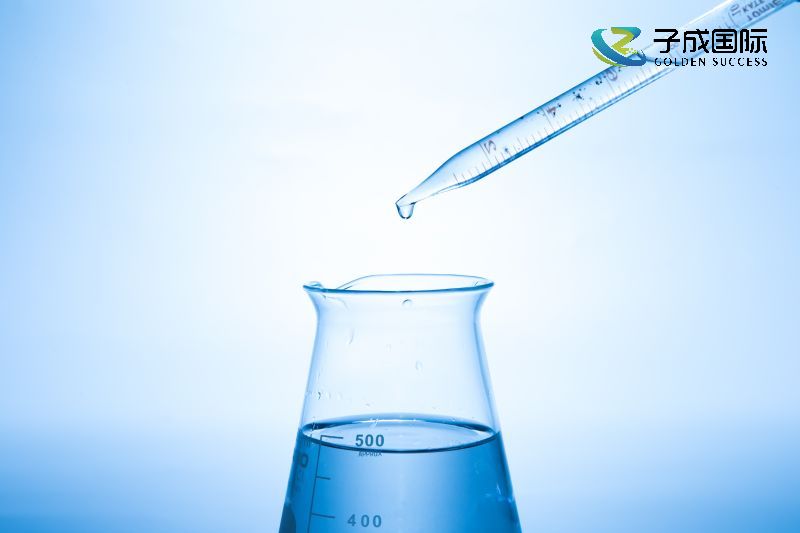In every corner of our daily life, from the foam in the morning to the laundry at night, from the production line of the factory to the irrigation system of the farmland, the wetting agent is silently playing a vital role. Although they may not be eye-catching, they are truly "invisible assistants" that optimize our quality of life and industrial efficiency with their unique performance.

Wetting agent, as the name suggests, is a chemical substance that can reduce the surface tension of a liquid, making it easier for the liquid to spread or penetrate into the interior of a solid surface. According to their different chemical structures and properties, wetting agents can be divided into various types such as anionic, cationic, nonionic, and zwitterionic. Each type has its specific application areas and advantages.
In daily life, the presence of wetting agents is everywhere. Taking detergents as an example, the wetting agent components in them can effectively reduce the surface tension of water, making it easier for water to penetrate into the fibers of clothing and thus peel off stains. In addition, in personal care products such as shampoo, shower gel, etc., wetting agents also play an important role, helping the moisture in the product to better contact the skin, achieving a cleansing and moisturizing effect.
In the industrial field, the application of wetting agents is more extensive and in-depth. In the textile industry, wetting agents can improve the penetration and uniformity of dyes and finishing agents into fibers, thereby enhancing the color fastness and hand feel of fabrics. In the coatings and ink industry, wetting agents help to disperse and stabilize pigment particles, prevent pigment settling and agglomeration, improve the fluidity of coatings and the smoothness of coatings. In addition, wetting agents also play an irreplaceable role in industries such as pesticide spraying, metal processing, and papermaking.
With the increasing awareness of environmental protection, the research and application of environmentally friendly wetting agents are receiving more and more attention. Compared to traditional products, environmentally friendly wetting agents have lower toxicity, better biodegradability, and lower VOC emissions, which can reduce the harm to the environment and human health. Their use not only meets the requirements of sustainable development, but also helps to enhance the social image and competitiveness of the enterprise.
With the advancement of technology and the increasing demand for quality of life, the application fields of wetting agents will continue to expand and deepen. In the future, environmentally friendly wetting agents will become the mainstream products in the market, and their performance will continue to be optimized and improved. Meanwhile, with the introduction and application of new technologies such as nanotechnology and biotechnology, the performance and functionality of wetting agents will also be further expanded and innovated. We have reason to believe that in the future, wetting agents will continue to bring more convenience and surprises to our lives and industrial development with their unique performance advantages.

 English
English
 Chinese
Chinese Vietnamese
Vietnamese
 HOME
HOME
 PRODUCT
PRODUCT
 NEWS
NEWS
 CONTACT
CONTACT


